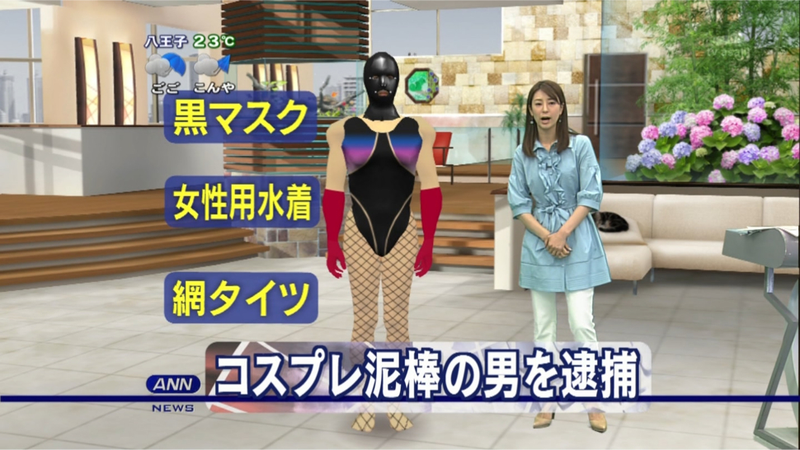
A novelist, Shin Michima, lives with five other women who rent out space in his home. Million Yen Womenīased on the manga by Shunju Aono. When his mother is murdered, he travels back in time where he must save the lives of three children in the past, and his mother in the present. It follows a manga artist (漫画家, mangaka, in Japanese) with the ability to travel back in time and stop fatal accidents from occurring. This epic Netflix Original is based on the manga by Kei Sanbe. Where should you begin in your hunt for J-dramas to watch? Here are some top choices, many of which you can find on Netflix. The Best Japanese Dramas to Binge Watch and Learn Japanese But, you’ll notice a rapid improvement in your listening comprehension and vocabulary memorization! Plus, this is way more fun than staring at a vocab list in your textbook. Yes, it will take you longer to get through a show. Lastly, plug the new words and phrases into your SRS app like Anki, and create practice dialogue with your notes to go over with your language exchange partner. Then watch it again without subtitles to see what you know. Pick out new words again, and write them down to look up after. Use the target language subtitles, or if they aren’t available, try to write down what you hear as best you can. It’s best if you break it down by scene, plot point, or clip. Then, go back and watch the episode again. You can also write down words to look up their meaning afterward. Write down any words or phrases that you understood by using context or subtitles. Then, go back and watch it with your native language subtitles. That way you’re relying on how much you know first, focusing on real listening comprehension. Watch the show without subtitles, or with subtitles in Japanese initially. As you gain experience with the language (at least on an intermediate level), I suggest reversing this process. Watch the episode all the way through with subtitles in your native language. Pick up some of the character names, the general plot, and maybe look at some relevant vocab so you have a starting base when listening. Next, look up some information about the show. Make sure this show has subtitles, ideally in both your target language and native language. If it’s on a topic you know you’ll want to talk about in everyday life, even better! You’ll learn useful vocabulary and phrases that are relevant to you. There are much faster ways to learn Japanese!īut TV, when used properly, can be a form of active study and listening practice.įirst, you’ll want to pick a show that’s really interesting to you. There are a lot of issues with passive learning, and it will take far too long to really grasp anything of use. Keep in mind that, as far as a study method goes, it’s not the best. That’s a plus! And, it can be a great brain break while still immersing yourself in your target language. Most notably, you’ll gain cultural insight.

not actively trying to learn, but just sitting back and watching - can have some benefits. Like I said, watching TV passively - i.e. If your hope was that you could sit in front of the TV and suddenly begin to understand, well… That’s not how this works.
#HOW TO WATCH JAPANESE TV SHOWS FOR FREE HOW TO#
How to Learn While Watching Japanese Dramas

And even if you passively watch the shows, you’re still exposing yourself to the tones, body language, and culture - and understanding all of these is necessary to truly become fluent.īut, if you want to really learn something from Japanese dramas, you have to learn how to use your TV time effectively. All work and no play makes language learning dull. Well, you can learn Japanese from TV shows! In fact, I highly recommend including Japanese TV shows as part of your language learning routine. Now you may be wondering, “Can I really learn Japanese from watching dramas?” After all, we’re ingrained to think that study time equals textbooks and classes, and TV is mind-numbing. What’s great about that is you don’t get stuck in one type of story or character set - you can binge through one show, and then jump to a new one! And by doing that, you’re increasing your exposure to different language usage and dialects.

While there are some shows that have long runs or multiple seasons, they’re not as common. One nice thing about Japanese dramas? They’re usually only one season long and about 10-12 episodes.

And they’re a fantastic way to gain some insight into Japanese culture, language, and locales in Japan. J-dramas are easy to get sucked into, especially because they’re so different in format from most Western shows. Need a break from Japanese textbooks and vocabulary flashcards? Then it’s time to chill with some Japanese dramas!
#HOW TO WATCH JAPANESE TV SHOWS FOR FREE FULL#
Full disclosure: This post contains affiliate links.


 0 kommentar(er)
0 kommentar(er)
